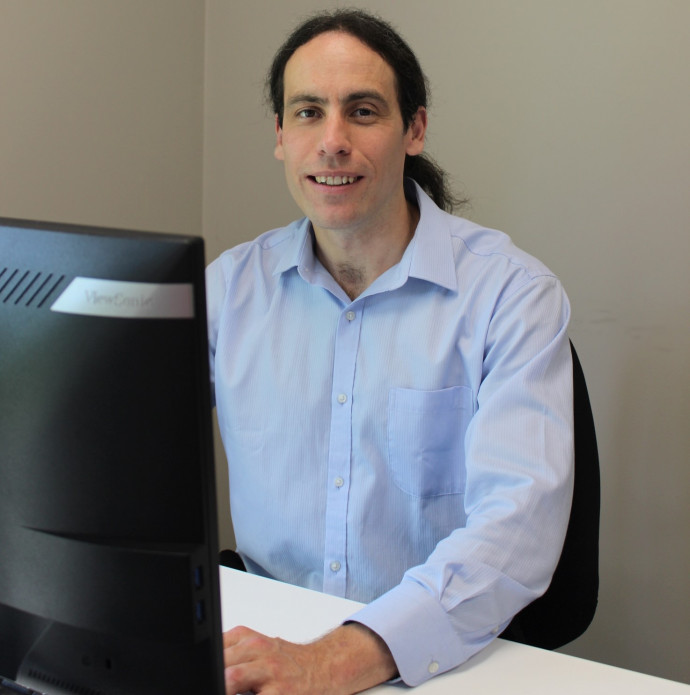Predicting the next generation of batteries: New materials for better electrodes

Dr Joseph Nelson (Ngāti Tūwharetoa, Ngāti Raukawa) of Lincoln Agritech aims to use simulation to discover new compounds for use in improved rechargeable batteries
Published on 2 Whiringa-ā-rangi November 2023
Rechargeable batteries underpin much of modern society, powering everything from devices like mobile phones and laptops, to hybrid and electric vehicles. They are also a critical component in renewable energy networks, smoothing out fluctuations in energy supply. Of all battery classes, few have achieved the success of the lithium-ion battery, with a key international development team receiving the 2019 Nobel Prize in Chemistry for their work on this critical energy source.
Better lithium-ion batteries with higher capacities and reduced environmental impact require new and improved materials. Traditional lab-based experimental studies are time-consuming and labour-intensive, making the discovery of new materials a challenge. In this Marsden Fund Fast-Start project, Dr Nelson will utilise new methods in high-performance computing and quantum mechanical simulations to discover new lithium compounds based on prediction of chemical structure.
Using this state-of-the-art, large-scale approach, Dr Nelson aims to produce a comprehensive database of promising compounds for lithium-ion battery synthesis, and to predict their effects on battery performance. This work will help to inform experimental synthesis efforts in the future but also model the use of structural prediction tools for discovering new compounds.
